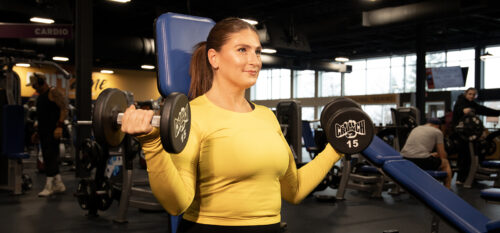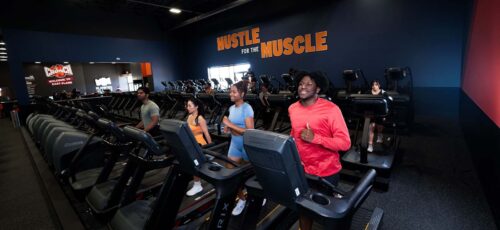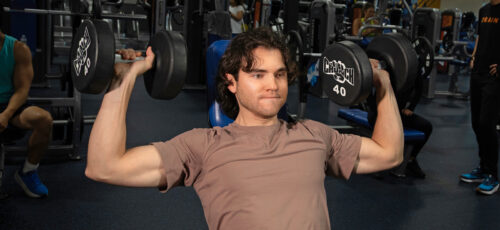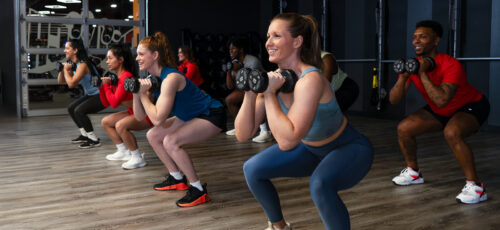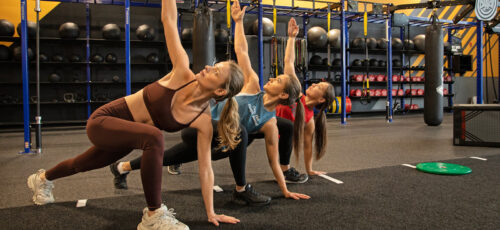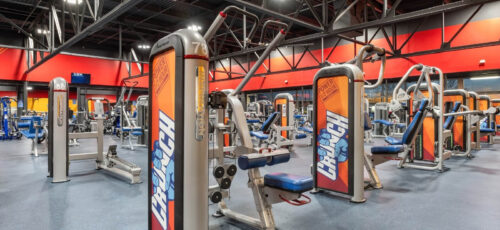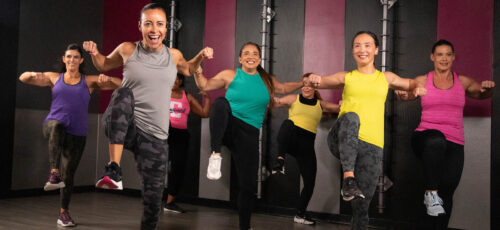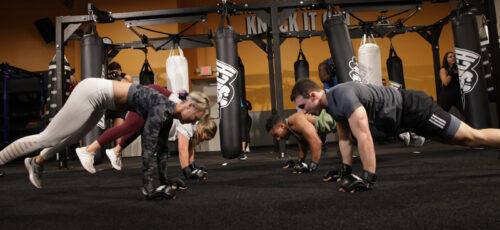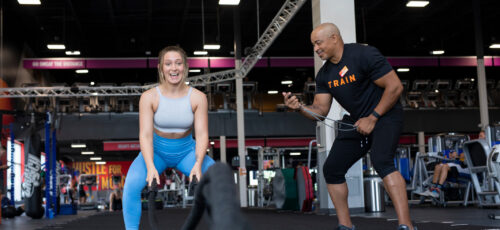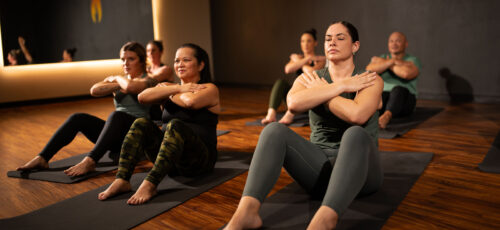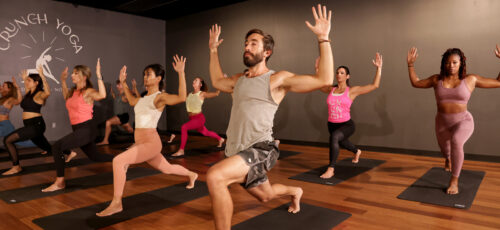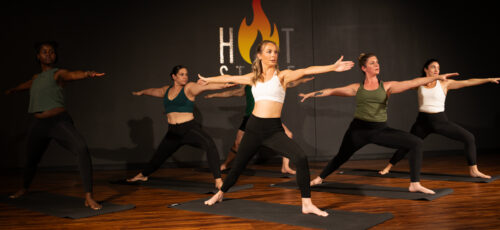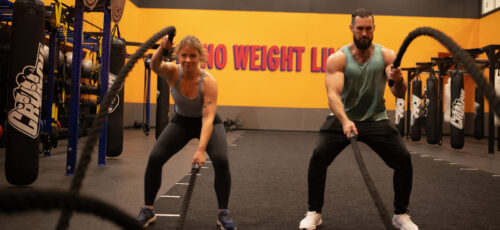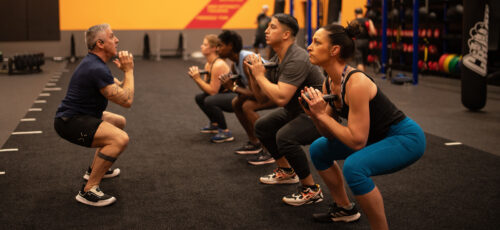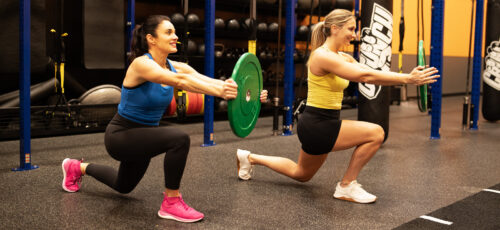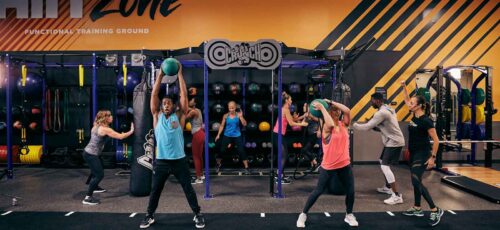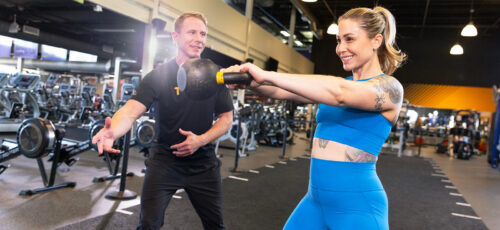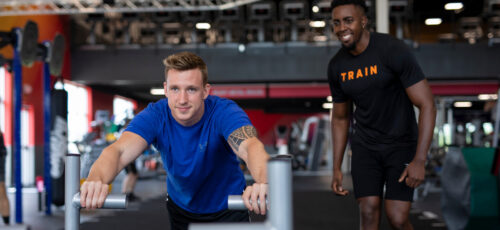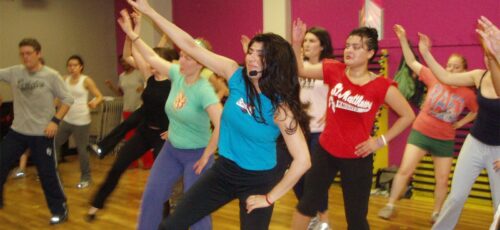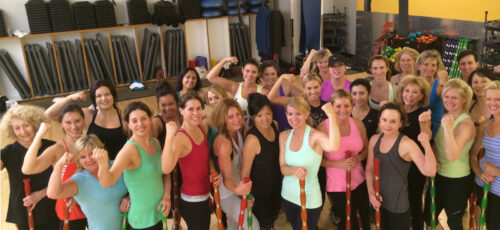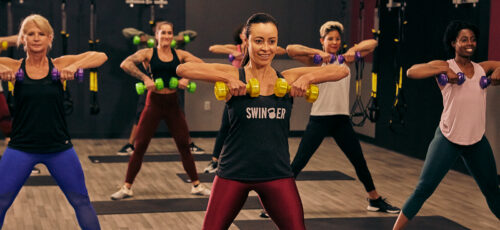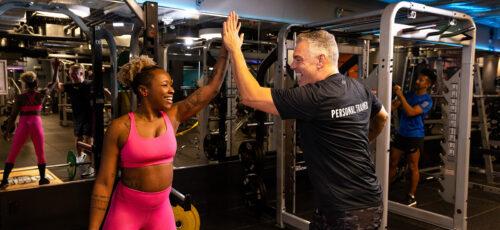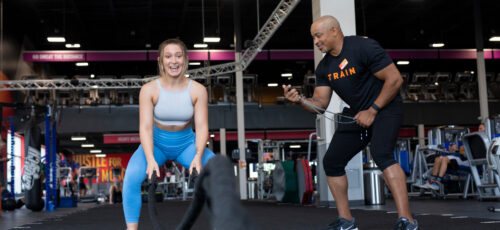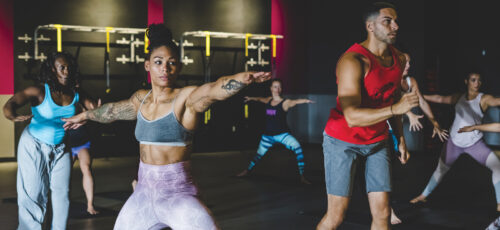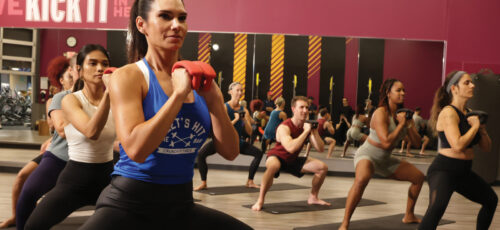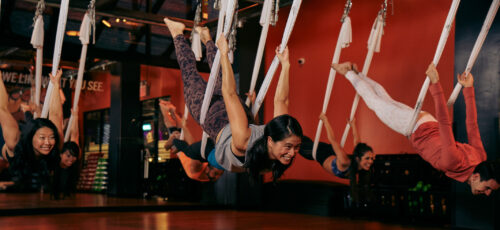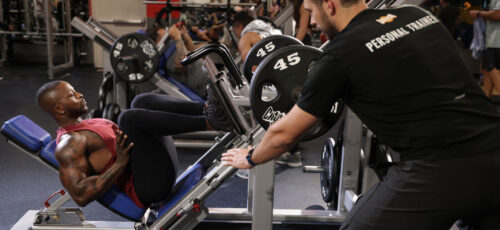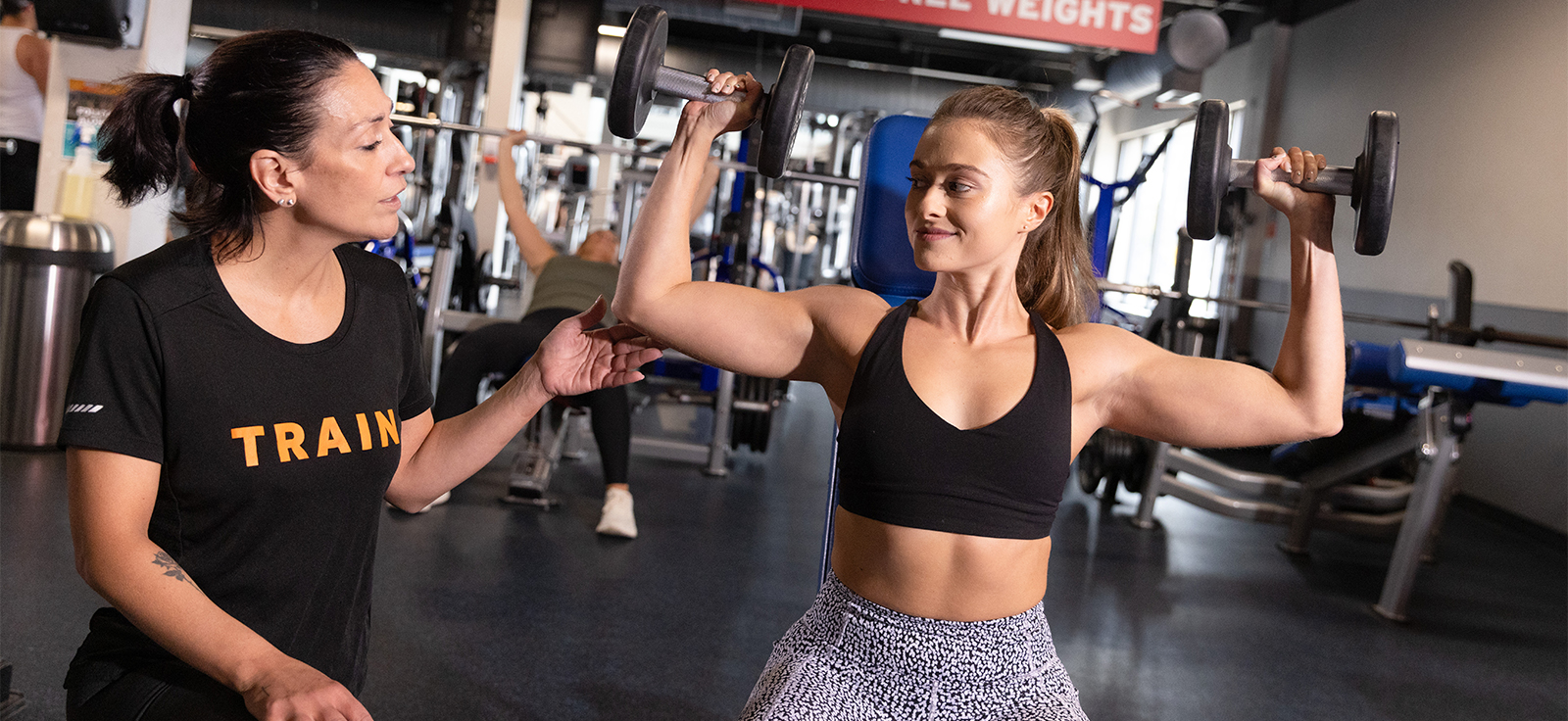
Starting a fitness journey is an empowering decision, but navigating the world of gym workouts can be overwhelming without proper guidance. This is where personal trainers step in as essential guides, offering expertise, motivation, and support to help you achieve your fitness goals. However, not all trainers are created equal. In this guide, we’ll explore what qualifications and certifications your personal trainer should have to ensure you receive the highest level of guidance and expertise on your fitness journey.
Basic Requirements for Trainers
When considering the basic requirements for gym trainers, it’s crucial to ensure they possess the necessary qualifications and certifications to provide safe and practical guidance in personal training. Here’s a detailed breakdown of the certificates and qualifications you should look for in a certified personal trainer, along with what to consider when evaluating them:
Personal Training Certification:
The cornerstone of a trainer’s qualifications is a personal training certification from a reputable organization. Look for certifications from well-established bodies such as the American Council on Exercise (ACE), the National Academy of Sports Medicine (NASM), the American College of Sports Medicine (ACSM), or the National Strength and Conditioning Association (NSCA). These certifications demonstrate that the trainer has undergone comprehensive training and passed examinations covering exercise science, program design, nutrition, and client assessment.
What to Look For:
Ensure the trainer’s certification is current and up-to-date. Additionally, consider the reputation and accreditation of the certifying organization to ensure that it meets industry standards.
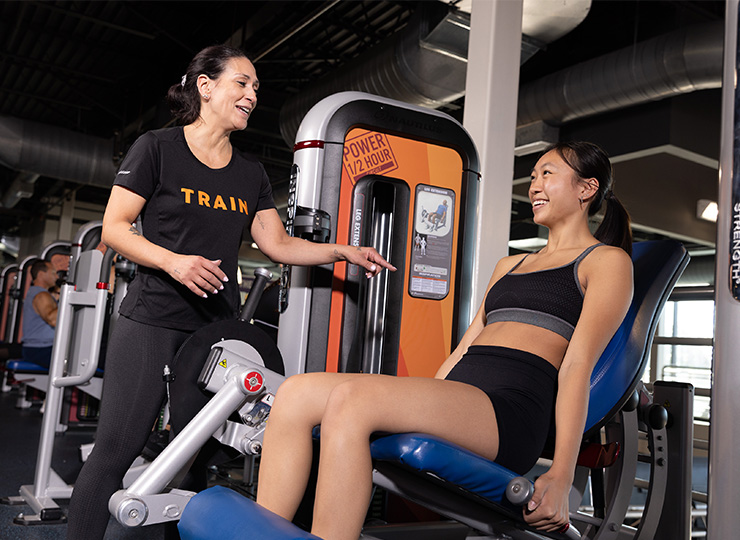
CPR and First Aid Certification:
Safety should be a top priority in any fitness program. Trainers should be certified in cardiopulmonary resuscitation (CPR) and first aid to handle emergencies and provide immediate assistance if necessary.
What to Look For: Check that the trainer’s CPR and first aid certifications are current and valid. These certifications should be renewed regularly to ensure trainers can respond effectively to emergencies.
Specialty Certifications:
Depending on your specific fitness goals and needs, you may benefit from working with a trainer with specialty certifications in corrective exercise, sports performance, or nutrition. Specialty certifications indicate additional expertise and training beyond basic personal training certifications.
What to Look For: Evaluate whether the trainer’s specialty certifications align with your goals and preferences. For example, a trainer with a corrective exercise specialization may be particularly beneficial if you have a history of injury or specific movement limitations.
Degree in Exercise Science or Related Field:
While not always a requirement, trainers with a degree in exercise science, kinesiology, or a related field bring a deeper understanding of human anatomy, physiology, and biomechanics to their practice. Formal education can complement practical experience and enhance a trainer’s ability to design effective, evidence-based training programs.
What to Look For: Consider whether the trainer’s educational background aligns with your expectations and goals. While a degree may not be necessary for every trainer, it can be valuable in ensuring a comprehensive understanding of exercise principles.
Professional Liability Insurance:
Trainers should carry professional liability insurance to protect themselves and their clients in the event of accidents or injuries that may occur during training sessions. This insurance covers legal expenses and damages resulting from negligence or misconduct.
What to Look For: Confirm that the trainer carries professional liability insurance and inquire about the coverage limits and scope of protection. This ensures peace of mind for both the trainer and the client in the event of unforeseen circumstances.
When evaluating a trainer’s qualifications and certifications, it’s essential to consider not only the credentials they hold but also their practical experience, communication skills, and compatibility with your personality and fitness goals. A well-rounded certified personal trainer who combines expertise with empathy and professionalism will be better equipped to support you on your fitness journey and help you achieve long-term success.
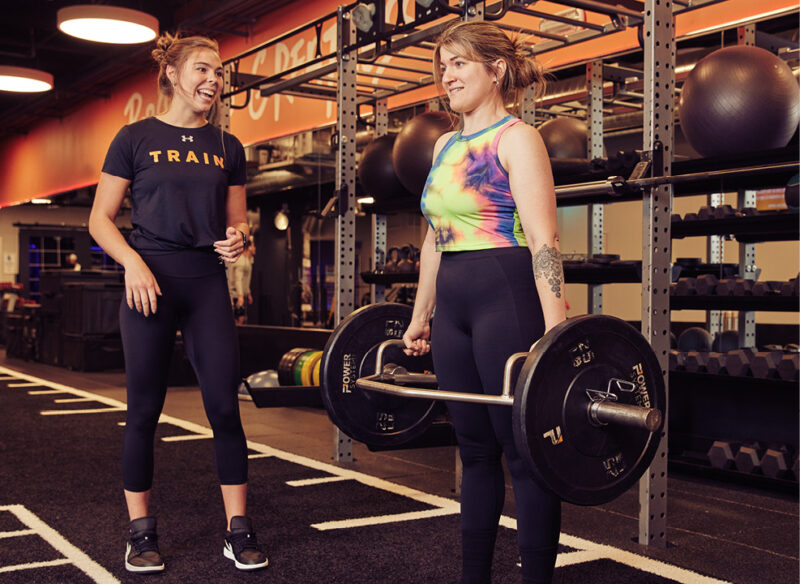
Essential Qualifications for Trainers
A certified personal trainer is indispensable as a figure within the fitness industry, acting as a guide to help individuals achieve their physical fitness goals. They function as informed mentors, adept at crafting personalized workout regimens, delivering precise guidance on exercise techniques, and supplying the motivation necessary for success.
Committed to their personal training careers, these fitness professionals bring a wealth of expertise to the table, ensuring that each client’s journey is safe and efficient. Furthermore, they understand the importance of continuing education to stay updated on emerging trends and cater to diverse learning styles, thereby maintaining their certification and enhancing their effectiveness in the field.
The Importance of Certified Trainers
Choosing a personal trainer involves considering various factors, with certification standing out as a pivotal criterion. Opting for a certified personal trainer that has been approved and certified by The International Sports Sciences Association (ISSA) ensures that you’re engaging with a professional who meets stringent standards of competency and professionalism.
These certified fitness professionals have undergone comprehensive training and examination through reputable personal training certifications. There are multiple kinds of certifications provided by esteemed organizations like the American Council on Exercise (ACE), the National Academy of Sports Medicine (NASM), the American College of Sports Medicine (ACSM), and the National Strength and Conditioning Association (NSCA), validate their expertise in personal training.
Equipped with a solid understanding of training principles and advanced certifications, these trainers can design optimum performance training and workout programs tailored to individual needs, ensuring safety and efficacy in every session. Moreover, their commitment to continuing education allows them to stay abreast of the latest advancements in the field, catering to diverse learning styles and maintaining their certification to further their fitness career.
Skills That Go Beyond Certification
While personal training certifications are undoubtedly crucial, it’s just one aspect to weigh when selecting a certified personal trainer for your personal training needs. Beyond the technical expertise gained from personal training certifications, an excellent personal trainer possesses interpersonal skills vital for fostering a positive training environment and can be considered a fitness mentor.
Clear communication, empathy, and motivational abilities are paramount, allowing fitness trainers to forge meaningful connections with their clients, comprehend their unique needs, and offer unwavering encouragement and support throughout their fitness journey.
Practical experience is another indispensable facet to consider when assessing a trainer’s fitness career and suitability. Fitness professionals who have honed their craft through hands-on experience with diverse clients, navigating various fitness challenges, and flexibly adjusting their strategies bring invaluable insights and expertise to the table.
Look for certified personal trainers with a proven track record of success and client satisfaction, as evidenced by glowing testimonials, positive reviews, and robust references within the fitness industry. To know if you and your trainer are right fit for each other or not, schedule a CrunchONE Kickoff at Crunch today!
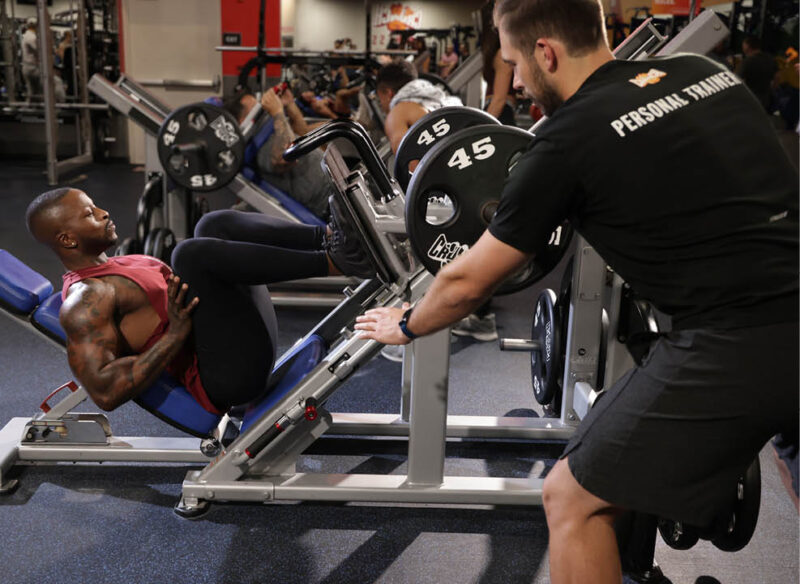
Are You Ready to Start Your Journey?
Choosing a certified and experienced personal trainer is crucial for success on your fitness journey. While becoming a personal trainer isn’t easy, finding the right one is key.Certified trainers possess the necessary knowledge and skills to design safe and effective workout programs tailored to your individual needs. At the same time, ongoing education ensures they stay abreast of the latest industry developments and best practices.
Additionally, interpersonal skills and practical experience are crucial factors that contribute to a positive training experience, fostering a supportive and motivating environment for clients to thrive. By prioritizing qualifications, certifications, and practical skills, you can ensure that you receive the highest level of guidance and expertise from your gym trainer, setting yourself up for success in achieving your fitness goals.
Join Us!
Crunch prioritizes personalized training and unwavering support, empowering individuals to reach their fitness goals. Their dedicated staff focuses on motivation and expert guidance to maximize personal training results. Crunch promotes a culture of positivity, inclusivity, and fun with no judgments by providing an environment for all individuals regardless of their health and fitness goals. Find a Crunch gym near you to try our free trial membership, or join Crunch now. We’re here for you – at the gym or at home. Access the best live & on-demand workouts anytime, anywhere with Crunch+. Ready to get sweaty? Try hundreds of workouts for free! Start your free trial now!











